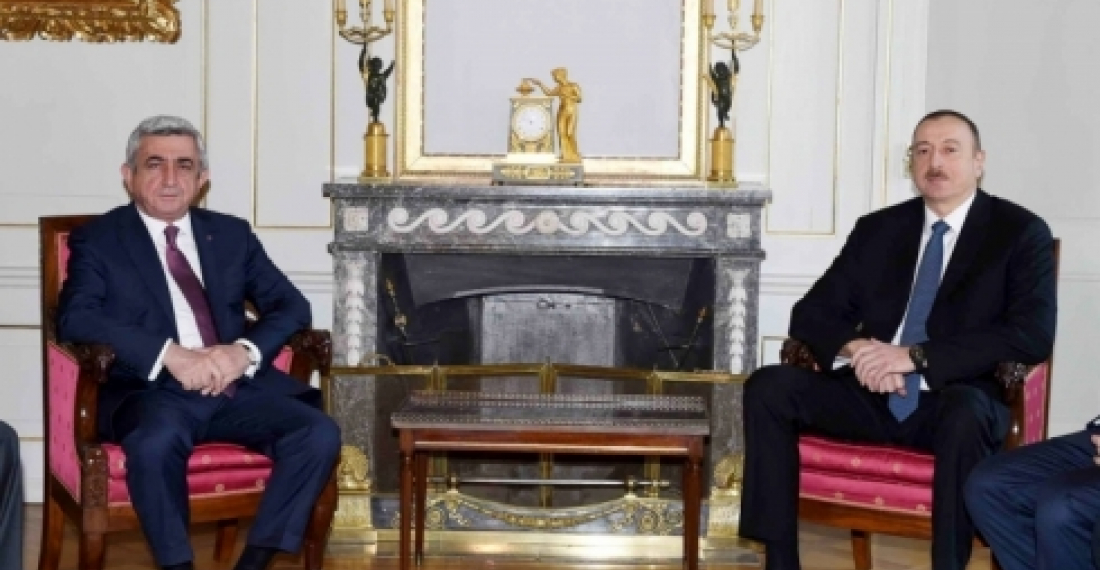Serzh Sargsyan and Ilham Aliyev will meet on Monday for the first time in six months, with the ongoing Karabakh conflict top of the agenda.
The meeting will take place in Vienna, home to the headquarters of the OSCE which has facilitated the meeting. The foreign ministers of the three co-chairs of the OSCE Minsk Group will also attend, with John Kerry representing the United States, Sergei Lavrov representing Russia, and Jean-Marc Ayrault representing France.
The day before the meeting, the defence ministers of Georgia, Azerbaijan and Turkey met to discuss joint military exercises.
Monday's meeting's will see consultations on minimizing the military risks on the contact line of Armenian and Azerbaijani troops, said Maria Zakharova, spokeswoman for Russia's foreign ministry.
The last meeting between the two took place on December 19 in Bern, Switzerland. Tensions now are far higher, after four days of fierce fighting at the start of April, which killed over a hundred civilians and soldiers on both sides.
The OSCE Minsk Group said the the meeting will try "to reinforce the ceasefire regime and to seek agreement on confidence-building measures that would create favorable conditions for resuming negotiations on a comprehensive settlement on the basis of elements and principles under discussion.”
“We reiterate that there is no military solution to the conflict,” the group's co-chairs said in a statement released on May 12.
SOURCE: commonspace.eu and agencies
PHOTO: Serzh Sergsyan and Ilham Aliyev






